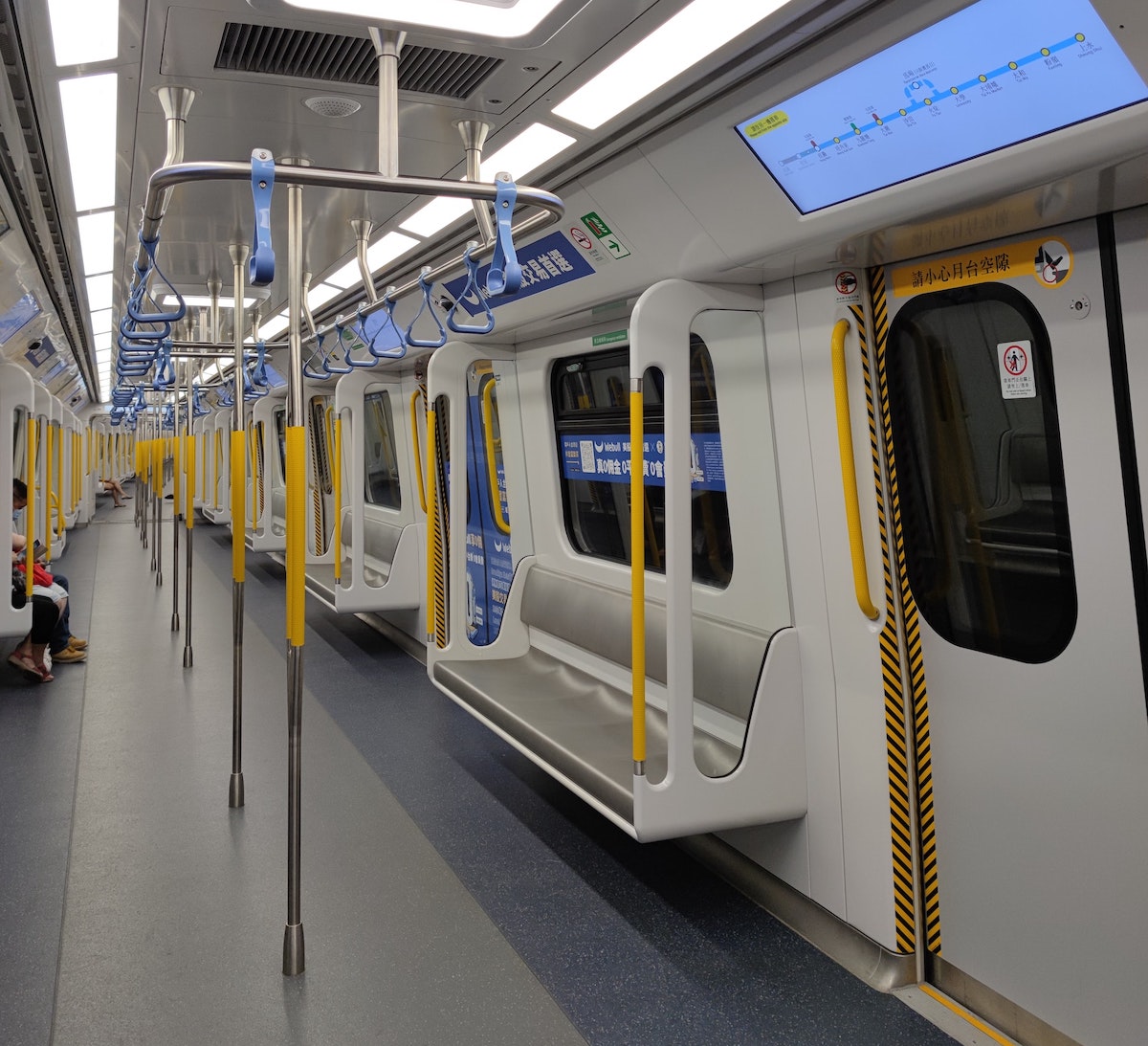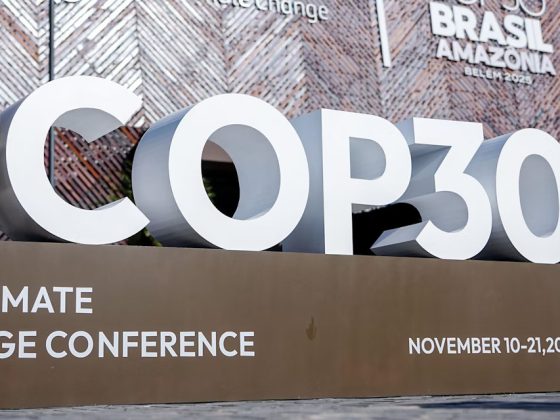- Migrants travel further distances to live in “cities of choice,” determined by opportunity and quality of life.
- While migration is set to increase, what that looks like is likely to change, as predicted by Boston Consulting Group (BCG). For example, more women will migrate, city-to-city migration will ramp up and there will be a fight for residents among cities.
- If predictions come to fruition, national public leaders must design a proactive migration strategy to drive economic growth and innovation while building public support.
Many migrants today travel farther distances, consciously seeking cities of choice – a sociological metric designed by Boston Consulting Group (BCG) that measures and determines opportunity and quality of life. Observed in the aggregate, these migrants are more diverse than ever before and have in-demand vocational skills. They are also becoming more sought-after. While companies have traditionally competed for talent, cities are increasingly competing for residents. Based on the BCG’s surveys of 25,000 city residents and 850 executives in 10 countries, we’ve developed five predictions for how migration will change by 2030.
1. Migration will accelerate
In 2022, there were nearly 40 million refugees from conflict regions. Yet only 280 million people (3.6% of the world’s total population) live in a country other than that of their birth. Still, we believe today’s trends point to an acceleration of migration. We expect migration to exceed 4% of the global population by 2030, or more than 350 million people.
As large parts of Africa, the Middle East and Central Asia transition to middle-income economies and quality education becomes more accessible, people will emigrate to seek better economic and lifestyle opportunities. Meanwhile, as of summer 2022, the world’s largest 30 economies had a record number of job openings (see Exhibit 1), especially for so-called deskless workers.

Labour shortages and cost according to country. Image: BCG Henderson Institute
2. Diversity is on the rise
In 1990, 45% of migration occurred between neighbouring countries and 23% between countries tied to a common colonial history. Today, only 27% and 17% of migration occur along these lines, respectively. Instead, migrants are more deliberate about their choices and tend to cover greater distances (more than 100 kilometres on average).
Looking ahead, we predict that women will account for most international migrants. Female migrants from the Middle East, Africa and South Asia are increasing, reflecting and driving changes in gender norms that enable women in traditional societies to travel more independently. Migrant women also make a substantial economic contribution, as they are much more likely to work outside the home (64%) than those who do not migrate (around 48%).
3. Migration will become (even) more city-to-city
Cities naturally attract the lion’s share of migrants (see Exhibit 2). In large cities, more than 50% of residents will have moved during their lifetime and this number will only increase. Furthermore, more people tend to work in digital or office environments rooted in a common business culture versus a uniquely national one. That leaning is not limited to mega-corporations; many tech startups are hiring globally from day one.
For most migrants, livability trumps almost everything (except salary). A recent BCG survey of digital workers who migrated to 11 global cities revealed that having a high standard of living was far and away the most important determinant in choosing where to move. At 66%, that proportion sits far higher than the 15% influenced by a similar culture and 7% who sought a community of the same ethnicity.

Migration numbers according to ranked Image: BCG Henderson Institute
4. In the long run, necessity will trump nationalism
Rather than moving toward a less globalized, more nationalistic future where migrants are viewed as a harbinger of unwelcome change, we predict that the world will continue to open to global migrants despite considerable political polarisation in some countries.
For university-educated migrants, the world is already more open than ever, as recent BCG analysis has shown. But we expect relative freedom of movement will increasingly be given to those with much-needed vocational skills in trade crafts, logistics and healthcare, due to the dramatic need for such workers, especially in surging megacities.
5. The war for talent will become a war for residents
In the past, cities focused on attracting and retaining businesses that would provide employment to the local population and drive economic growth. But as migration accelerates and work is decoupled from place, cities must recruit for the economy they want, not the economy they have. That is especially urgent because, as people become more mobile, they will carry their tax revenues with them, which could wreak havoc on a city’s finances.
Moreover, the winner-takes-all dynamics in cities create a powerful pull of talent into a handful of highly successful locales. Other cities will become talent donors – staging grounds that young people eventually leave. All cities must, therefore, make broad improvements to retain their residents or risk them seeking prosperity elsewhere.
These predictions, if realized, will have significant implications for policymakers. National public leaders must devise and implement a proactive migration strategy to drive economic growth and innovation while building public support. City leaders should build a strong global brand for businesses and young professionals but, most importantly, invest in livability to build true cities of choice.
To read more about how policymakers can respond, see the full version of this article: How Cities Can Win The Competition For Talent — And Residents.
BCG lead knowledge analyst Jon Campos, BCG associate and BCG Henderson Institute Ambassador Marley Finley and BCG project leader and BCG Henderson Institute Ambassador Antoine Vetrano also contributed to this article.
Republished from the World Economic Forum










